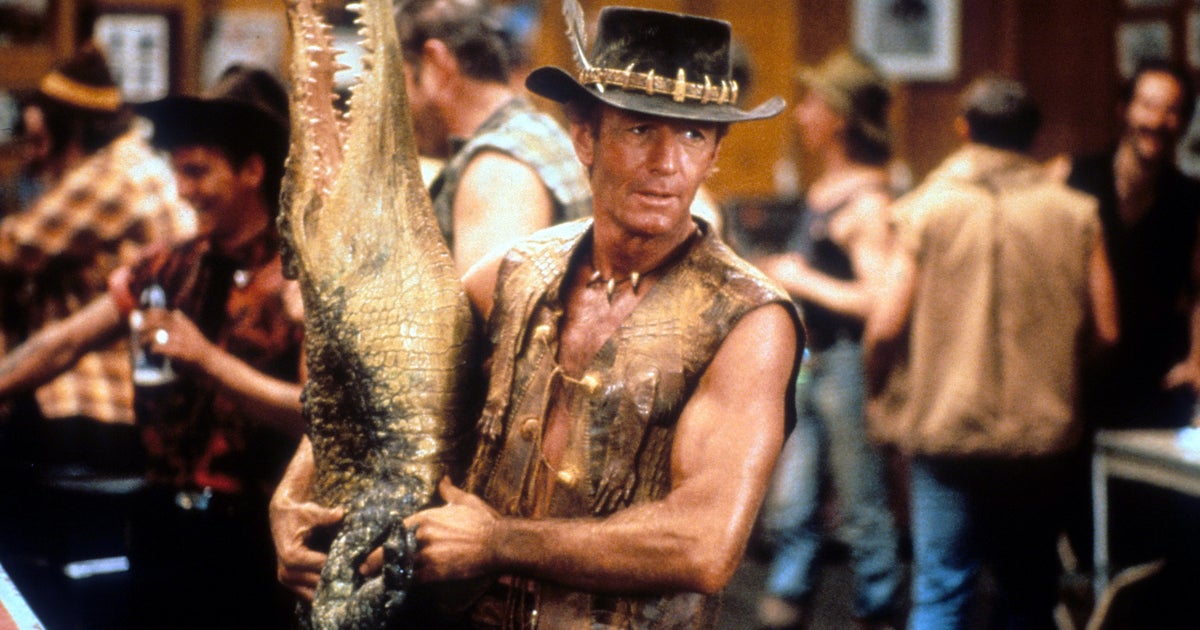Tracy K. Smith, Pulitzer Prize winner, named new U.S. poet laureate
NEW YORK -- Tracy K. Smith, who won a Pulitzer Prize in 2012, has been named the new U.S. poet laureate.
"A poem asks you to let go many of your assumptions, move away from your own certainties and to listen," explains Smith, 45, whose appointment to a one-year term was announced Wednesday by the Library of Congress.
Smith, who succeeds Juan Felipe Herrera, won the Pulitzer for her poetry collection "Life on Mars" and was a National Book Award finalist for nonfiction three years later for her memoir "Ordinary Light." She has been praised for her command of language and emotions, for a vision that encompasses everything from space exploration to the death of her father, and her gift for both social commentary and personal reflection.
"Smith shows herself to be a poet of extraordinary range and ambition," poet Joel Brouwer, reviewing "Life on Mars," wrote in The New York Times in 2011. "As all the best poetry does, 'Life on Mars' first sends us out into the magnificent chill of the imagination and then returns us to ourselves, both changed and consoled."
Librarian of Congress Carla Hayden said in a statement that Smith "shows us through these poems how to think and feel our way through these big ideas. It's wonderful that her poetry can be so big and sprawling in its themes, and at the same time laser-focused in its words."
The laureate's responsibilities are few, allowing appointees to establish individual projects and priorities, such as the workshops for women organized by Maxine Kumin. The job's official title is the lofty "Poet Laureate Consultant in Poetry," with a more grounded stipend of $35,000. The laureate "serves as the nation's official lightning rod for the poetic impulse of Americans," according to the library, and "seeks to raise the national consciousness to a greater appreciation of the reading and writing of poetry."
Other previous laureates include Robert Pinsky, Rita Dove and Natasha Trethewey.
Smith's goals at this point are to use poetry as a bridge for people of different backgrounds and viewpoints. She accepts the job at a uniquely divided moment, serving during the administration of Donald Trump, a reliable villain at poetry readings. Poets laureate have little interaction with the president and have rarely been drawn into political conflict. An exception happened in 2003, during the administration of George W. Bush. Poet laureate Billy Collins stated he was opposed to war in Iraq and defended anti-war poets who led the White House to cancel a planned symposium with first lady Laura Bush.
"If political protest is urgent, I don't think it needs to wait for an appropriate scene and setting and should be as disruptive as it wants to be," Collins said at the time.
In April, Smith contributed to a "Resistance" series organized by the liberal publication Mother Jones, which asked "authors and creative types to name books that bring solace or understanding in this age of rancor." Smith's suggestions included "The Collected Poems of Lucille Clifton" and Solmaz Sharif's "Look," praised by Smith for calling "attention to the ways that official language has been employed in ways designed to deaden it (and us) of human feeling."
During her recent interview, Smith said she didn't see her new job as a "platform" for her own politics and called the laureate's job "beautifully remote from any kind of political obligation." She said any resistance will be to "pre-fabricated language," the kind absorbed through advertising or "clickbait on the internet."
"That resistance really resonates with me," she says. "I feel like books I highlighted (in the "Resistance" series) were a way of saying, 'Let's look at what language is doing, what it enables us to get away with, but also how it invites to explore what might be needed.'"



